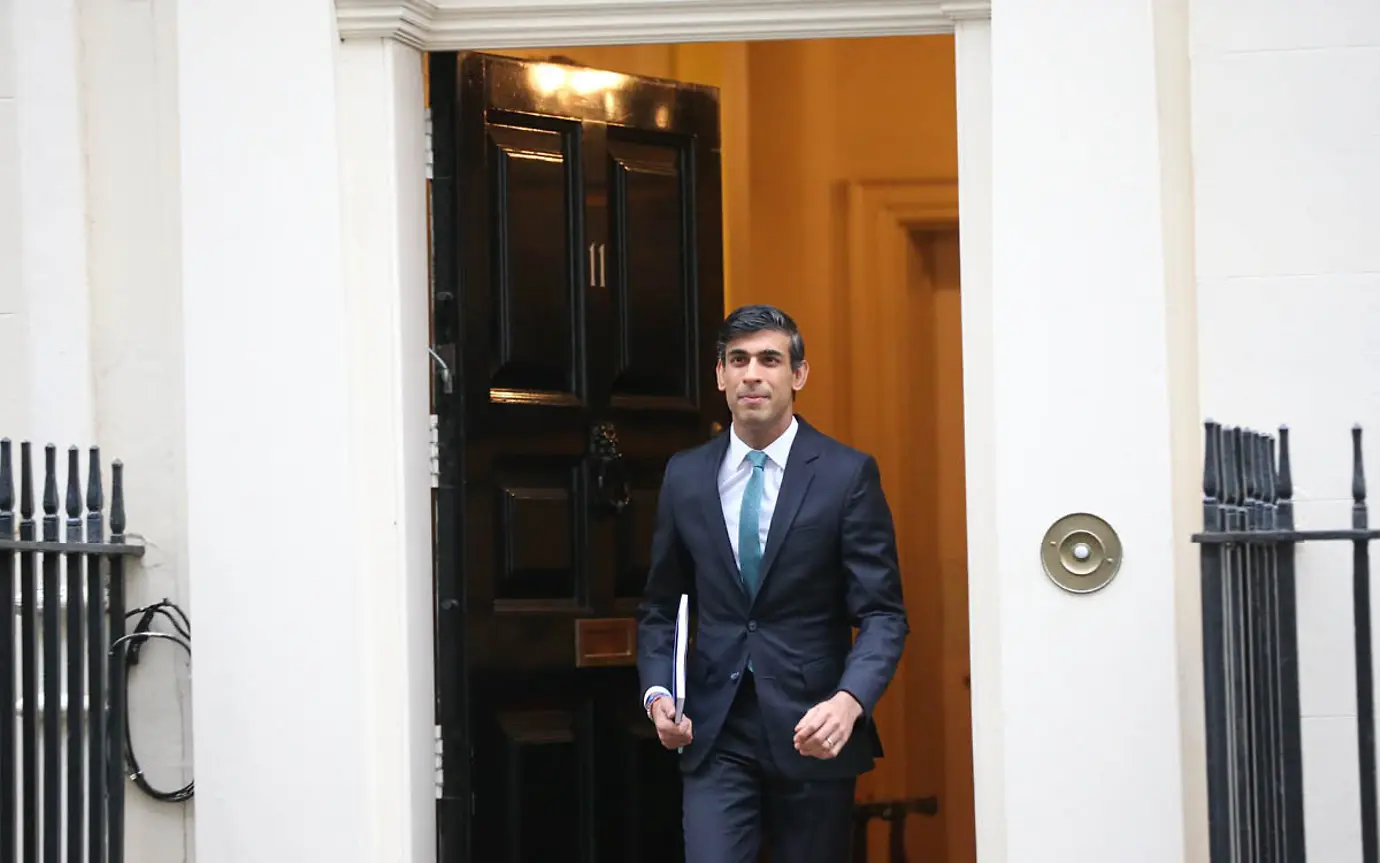On 23 March 2022, the Chancellor gave his Spring Statement to Parliament. Simon Allister discusses the newly announced measures.

Rishi Sunak has not had it easy since he became Chancellor of the Exchequer back in early 2020. His first budget was a true baptism of fire at the very start of the COVID-19 outbreak. He has grappled with many unforeseen challenges since. Yesterday’s Spring Statement came amidst rising inflation and soaring energy prices with many predicting the UK will see the biggest fall in living standards since records began, more than anything seen in the post-war period.
The Office for National Statistics has predicted a reduction in real household disposable incomes (RHDI) on a person by person basis by 2.2 percent in 2022-23. Considered against a backdrop of the war in Ukraine and a national debt now greater than the size of the UK economy, it is no surprise that the Chancellor has received mounting pressure to combat the cost of living and try and ease the strain.
The Chancellor did include several measures in the Spring Statement which aim to do this. Notably:
The Chancellor seemed particularly pleased when delivering the final point, although, at the same time, he resisted the temptation to amend the controversial 1.25% increase in NI contributions planned for this April.
Other themes of the Statement revolved around boosting productivity and growth by creating the conditions for the private sector to invest more, train more and innovate more. To do this, the UK Government intends to cut and reform business taxes and create a "new culture of enterprise2 and the conditions for private sector-led growth.
As the Chancellor indicated previously, there were few significant tax announcements of note relating to private clients. There were no announcements in relation to capital gains tax, inheritance tax or stamp duty land tax. The headline measure is a plan to reduce the basic rate of income tax from 20% to 19% from April 2024. Whether the Chancellor will ultimately be able to honour such a commitment, with so many variables at play, over the years ahead remains to be seen.
Read more from The Brief.
This communication is provided for information purposes only. The information presented herein provides a general update on market conditions and is not intended and should not be construed as an offer, invitation, solicitation or recommendation to buy or sell any specific investment or participate in any investment (or other) strategy. The subject of the communication is not a regulated investment. Past performance is not an indication of future performance and the value of investments and the income derived from them may fluctuate and you may not receive back the amount you originally invest. Although this document has been prepared on the basis of information we believe to be reliable, LGT Wealth Management UK LLP gives no representation or warranty in relation to the accuracy or completeness of the information presented herein. The information presented herein does not provide sufficient information on which to make an informed investment decision. No liability is accepted whatsoever by LGT Wealth Management UK LLP, employees and associated companies for any direct or consequential loss arising from this document.
LGT Wealth Management UK LLP is authorised and regulated by the Financial Conduct Authority in the United Kingdom.